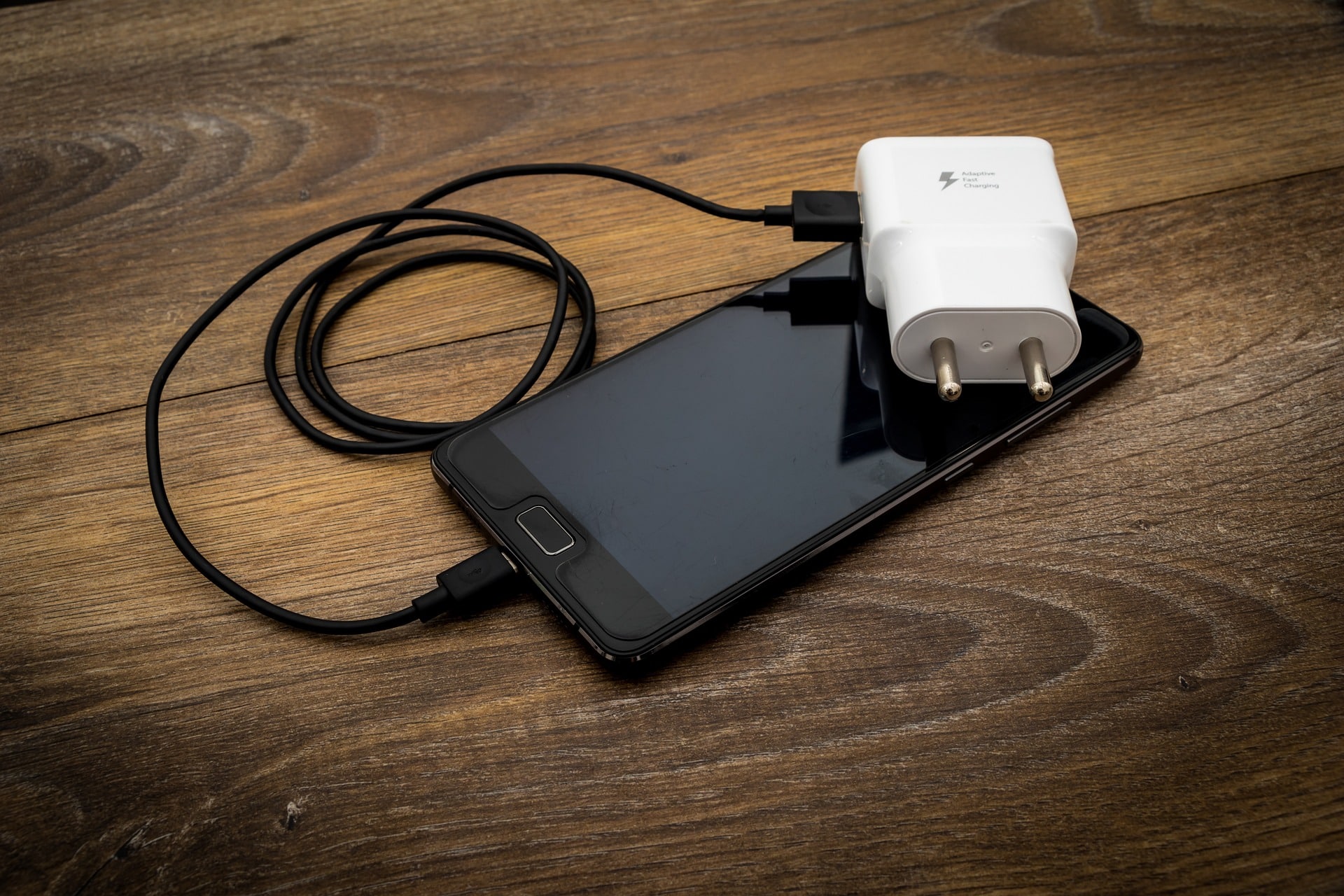
Juice jacking: beware of public charging stations
The FBI uses Twitter to raise an alarm and urge citizens to be more careful in terms of cyber-security. “Avoid using free charging stations at airports, hotels or shopping centres. Bad actors have found ways to use public USB ports to smuggle malware and tracking software onto devices,” the post reads.
Although the FBI alarm has only chirped in recent days, in reality the phenomenon has been known for more than ten years, at least since 2011, when Android smartphones behaved like USB sticks, making it quite easy to access phone data.
We are talking about “juice jacking” or a form of cyber attack which, after having manipulated them, uses public USB charging ports to extract confidential data from the internal memory of a device or to install malware. The power cable that is used to recharge devices is also useful for data transmission: using public workstations to recharge smartphones and laptops could be very harmful, because it allows cybercriminals to exploit the cable’s synchronization functionality to transmit hacking to access data, from photos to chats to bank details. At risk are not only smartphones, but all those devices that we carry with us in everyday life and that often need to be recharged even when we are away from home, such as laptops, tablets, e-book readers. The charging stations of airports, shopping centers or restaurants become potential places of attack for totally random victims.
The FBI report does not appear to stem from an increase in attacks of this type. Rather, it is part of an awareness campaign on cyber-security and the diversification of cyber-attacks. Fundamental theme considering that our devices have become wallets, photo albums, GPS: from navigation history to personal communications, the amount of data that risks being stolen is enormous and these malware are able to access it in a few minutes.
So how to protect yourself from juice jacking attacks? The first tip is to avoid sockets and public cables: outside the home, it is absolutely recommended to use a power supply to be connected to the electrical socket or, alternatively, a power bank. If we cannot avoid the charging columns, it is advisable to use a data blocker, a device easily available on the market, which by separating the charging port from the data transfer port, blocks access to any malware. Another tip is to disable data transfer from your device settings.








